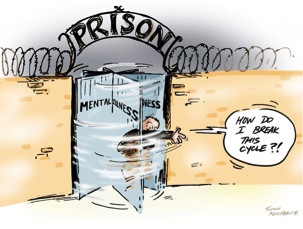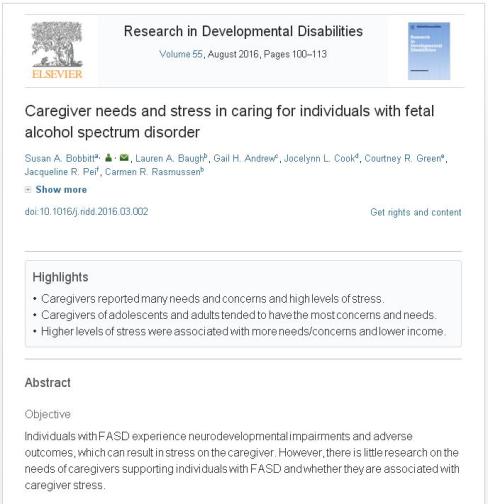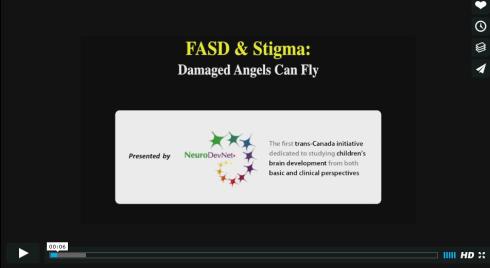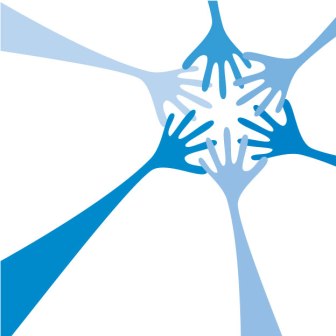The following post will discuss the media and its over all impact on society, summarize the an Australian study on the topic of media portrayal and FASD, and how it all relates back to FASD Intervention across the lifespan. Enjoy!
 The media can be thought of like a massive complex web of communication and information that passes through many portals before being consumed by the public or members of a society. After awhile, this information, either explicitly or implicitly communicated becomes difficult to dissect and be critical of. Knowing what information and who is a credible source can be become a challenging task due to the vast amount of imposing information that we receive on a daily basis.
The media can be thought of like a massive complex web of communication and information that passes through many portals before being consumed by the public or members of a society. After awhile, this information, either explicitly or implicitly communicated becomes difficult to dissect and be critical of. Knowing what information and who is a credible source can be become a challenging task due to the vast amount of imposing information that we receive on a daily basis.
Unfortunatley we consume media whether we want to or not. Thus it becomes crucial to question media information and the stories we are being told as well as how they are being framed. Framing issues in a certain way is powerful and can be especially harmful when the media, regardless of its intention, releases information in a way that negatively impacts individuals.
The Research:
In the context of media and fetal alcohol spectrum disorder (FASD) researchers Equiagaray, Scholz, and Giorgi’s (2016) analyzed the way media portrays FASD and the controversial issues that surround it.
Equiagaray et al. (2016) utilized a framing analysis in order to answer their research question, “How is FASD framed by media reports?” They define “framing” from Enman (1993) as, “as a conceptual lens that brings certain aspects of reality into sharper focus (emphasizing a particular way to understand an issue).” Enman (2007) continues to explain framing as encouraging the audience to think and feel a certain way after consuming media.
Overall the researchers found that the media frames FASD in two ways: frames of sympathy and frames of shame. The sympathy frames were found to be extended to individuals with FASD as well as to the mothers of these individuals or children. Conversely, frames that communicated shame were directed towards the mothers of these individuals or children.
Continually, Equiagaray et al. (2016) found that the sympathy frames were more likely to be directed towards the children with FASD. As well, children with FASD are often described as”frail” that leads to disenfranchisement. Shaming media frames were directed toward the mothers of children with FASD. The media would often refer to the mothers as “irresponsible” and “villainous.” Equiagaray et al. (2016) suggests that shaming media framing shuts down support and further isolates mothers and their families. This is detrimental to the potential access individuals and their families have to services and interventions that can benefit them.
The researchers also reported that health care professionals and government policy makers were shamed for not being informed enough to make safe recommendations, or having confusing messages about alcohol consumption during pregnancy and lastly for the lack of effective policy to reduce the rates of FASD (Equiagaray et al. 2016). Although it is easy to focus blame on scapegoats such as the mothers, health care system and government it is important to look at the issues surrounding FASD with a holistic perspective. This is not to discount responsibility or minimize the effect that these parties have, but to establish an inclusive and non-judgmental dialogue on the impact that FASD has on the community. As well as to support those effected by FASD through awareness and intervention.
The solution that the researchers presented is simple: promote media frame works that challenge the shaming discourse around FASD. In turn, the public, government and health care services can work towards the non-judgmental support for those who need it.
The study is titled: Sympathy, shame, and few solutions: News media portrayals of fetal alcohol spectrum disorders. Please use this link to access the full article.

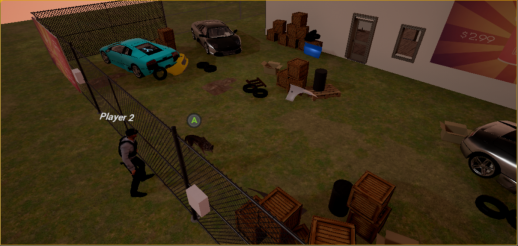
 Some games, for example, are designed to induce frustration or distract players from the task at hand by decoys depending on how the team of players works together.
Some games, for example, are designed to induce frustration or distract players from the task at hand by decoys depending on how the team of players works together.
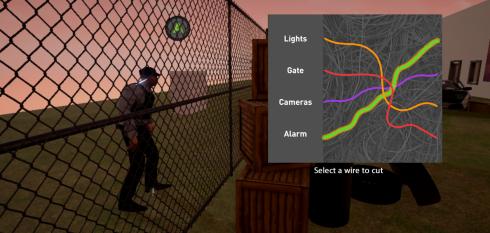



 The media can be thought of like a massive complex web of communication and information that passes through many portals before being consumed by the public or members of a society. After awhile, this information, either explicitly or implicitly communicated becomes difficult to dissect and be critical of. Knowing what information and who is a credible source can be become a challenging task due to the vast amount of imposing information that we receive on a daily basis.
The media can be thought of like a massive complex web of communication and information that passes through many portals before being consumed by the public or members of a society. After awhile, this information, either explicitly or implicitly communicated becomes difficult to dissect and be critical of. Knowing what information and who is a credible source can be become a challenging task due to the vast amount of imposing information that we receive on a daily basis.